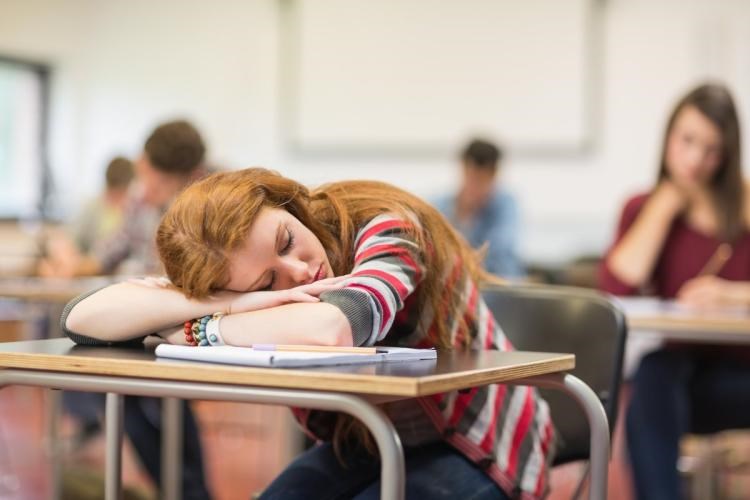The Health Department released new data on that links an increased lack of sleep among New York City school children and public high school students to excessive screen time. Officials warn that a lack of sleep can have a significant impact on mental health in children and adolescents.
According to Sleep Standards, sleep deprivation also impairs cognitive functioning, decision-making, and reaction times which significantly decrease the ability to learn in children.
"New York is well known as the city that doesn't sleep, but for our school children and adolescents, getting adequate sleep is a key part of maintaining emotional and physical wellbeing," said Health Commissioner Dr. Mary T. Bassett.
The American Academy of Pediatrics (AAP) defines adequate sleep among school children, ages 6 to 12 years, as getting nine to 12 hours of sleep; among adolescents, ages 13 to 18 years, adequate sleep is defined as getting eight to ten hours of sleep.
The new data found that on an average school night, 75 percent of high school students reported getting fewer than eight hours of sleep, and 11 percent of school children got inadequate sleep, less than nine hours. The new data, based on the New York City Youth Risk Behavior Survey (YRBS) and the 2015 Child Health, Emotional Wellness and Development Survey (CHEWDS), observed a link between less sleep and excessive screen time in school children.
Excessive time spent on electronic devices is defined as two or more hours on an average weekday for school children, and four or more hours on an average school day for adolescents. Approximately 66 percent of school children and 53 percent of the adolescents spent excessive time on screens on an average school day. School children who got inadequate sleep were more likely to have emotional and behavioral problems. Adolescents who got inadequate sleep were more likely to report depressive symptoms, self-injury, and suicidal tendencies during the past year when compared to those adolescents who got adequate sleep.
To address the issues of depression, suicide and mental health among New York City students, the city has expanded its range of mental health supports to schools that include Youth Mental Health First Aid, an initiative of ThriveNYC, that trains New Yorkers to identify and respond to signs of mental health and substance use challenges. In addition, the Department of Education is offering this training to schools throughout the course of the school year. Another initiative, NYC Well, is a one-click, one-call connection to counseling, crisis intervention, peer support, and referrals to ongoing treatment services.
"As the City expands mental health services through ThriveNYC, we ask parents to work with us in making sure our children spend less time on electronic devices and more time on getting a full night's rests," said Bassett.
For more information on ThriveNYC, visit nyc.gov/thrivenyc.




